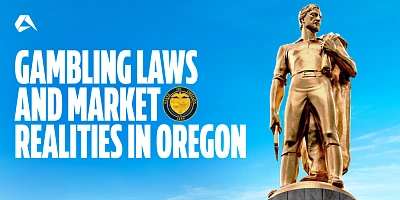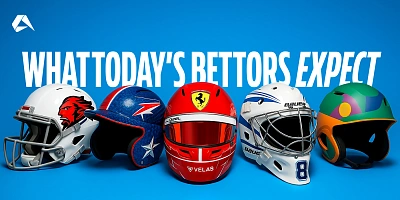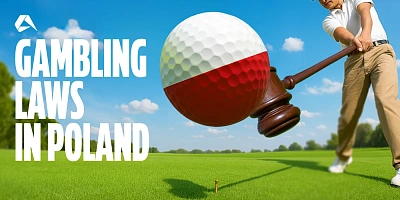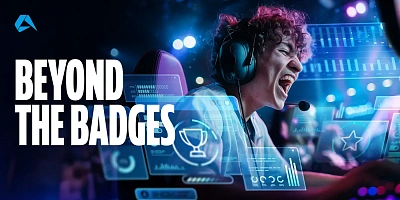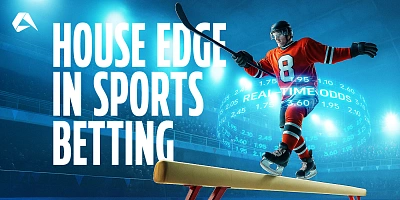When examining the psychology behind betting and player behavior, it often involves a complex web of theories that shed light on decision-making patterns. From casino games to lotteries to sports betting, the way a player interacts with a wager, bet, or gamble can often be traced to three key perceptions that lead them to believe they have a better chance of winning than others.
A central theme is the interplay between rational and irrational thinking—major components of how players engage with gambling in general. This article explores the psychological theories and thought processes that can help you, as an operator, better understand how your players make decisions and why they gamble—ultimately improving your engagement, retention, and entertainment value.
Altenar, a sportsbook software provider, offers valuable insights into how players engage with content and how deeply personal gambling and betting behaviors can be.
The first theory we’ll explore is Rational Choice Theory, which proposes that many players make decisions they believe are logical, aiming to maximize their gains and minimize their losses.
Understanding Your Players | Altenar
So, why do players continue betting—even when the average outcome skews toward loss? The answer may lie in Rational Choice Theory and the concept of "expected value," where the potential desirability of a win motivates players to place just one more bet.
Building on the theory above, one central question is whether gambling is actually an irrational choice disguised as rational thought. Additionally, several cognitive biases may play a role. (You can learn more about cognitive bias by visiting altenar.com.) It raises the idea that players may not be making poor decisions—they may simply be motivated by entertainment rather than logic.
Many theorists argue that sports betting, casino games, poker, and lotteries are generally unprofitable for players. So why do they return? One possible reason is that humans often struggle to accurately evaluate probability—especially in games based on chance. As a result, people frequently stray from rational thinking.
One relevant theory is known as the “possibility and certainty effects.” In sports betting, this is often called the “favorite–longshot bias.” This theory suggests that players tend to overweigh the chances of unlikely outcomes and underweigh near-certain events—particularly in hindsight. This cognitive bias is believed to support a broader explanation for why we gamble in the first place.
Often referred to as “overconfidence” or “illusory superiority,” this cognitive bias may be the most relatable and distinctly human of those discussed in this article. It suggests that individuals tend to overestimate their own abilities, intelligence, and decision-making compared to those around them—particularly in the context of gambling, sports betting, and lotteries.
This type of bias is especially common in sports betting, where competitiveness is deeply ingrained in the culture. Operators can expect to see this bias frequently among their player base.
While overconfidence isn’t inherently negative—it can lead to leadership opportunities, knowledge-seeking, and motivation—it may also influence betting behavior. In the context of sports and sports betting, competitiveness acts as a bridge between entertainment content and live sporting events. It fosters pseudo-mirrored experiences, allowing bettors and players to feel emotionally involved in the outcomes of games.
Supporting this theory of overconfidence, experiments related to the “Lake Wobegon Effect” or “Above-Average Effect” have shown that this inherently human cognitive bias affects many areas of life—both within and outside of sports betting—such as perceived social popularity and driving ability.
A 2020 study found that one million students taking the SAT rated themselves as 60% above average in athletic ability, 70% above average in leadership, and 83% above average in friendliness. The research extended across age groups and included university faculty. At the University of Nebraska, 94% of faculty surveyed believed they were better educators than their peers.
A comprehensive paper titled The Better-Than-Average Effect in Comparative Self-Evaluation: A Comprehensive Review and Meta-Analysis examined 124 published studies, 291 independent samples, and more than 950,000 participants. The authors concluded that the BTAE is a well-established, widespread effect, leaving little doubt about its influence across different populations and contexts.
While these cognitive biases and psychological theories help answer the question, “Why do we bet?”, it is their collective influence that truly drives players to bet, gamble, and wager repeatedly.
Unique to bettors—and to the sports betting market more broadly—is a perspective known as the “outside looking in” viewpoint. This theory suggests that many sports bettors are aware of the cognitive biases at play, yet consciously choose to engage in betting for the primary purpose of entertainment.
This mindset is likely shared by many bettors whose motivation to return is based more on the entertainment experience than on financial gain (though monetary rewards still play a role).
Understanding these cognitive biases makes bettors some of the most informed and self-aware players in the iGaming market. As a result, they are more likely to return to sportsbooks that acknowledge and respect their motivations and behavior.
Altenar, a sportsbook software provider, is a trusted supplier of sports betting solutions that recognizes your players’ intelligence and helps you deliver content that engages and challenges both new and experienced bettors.






